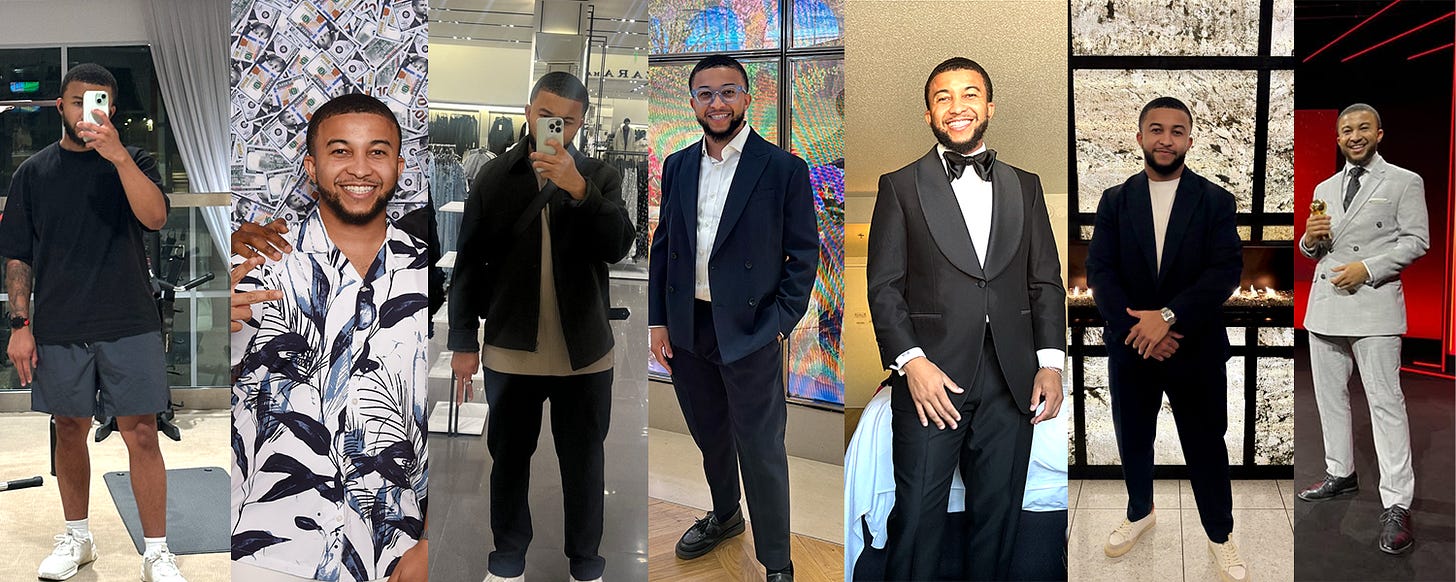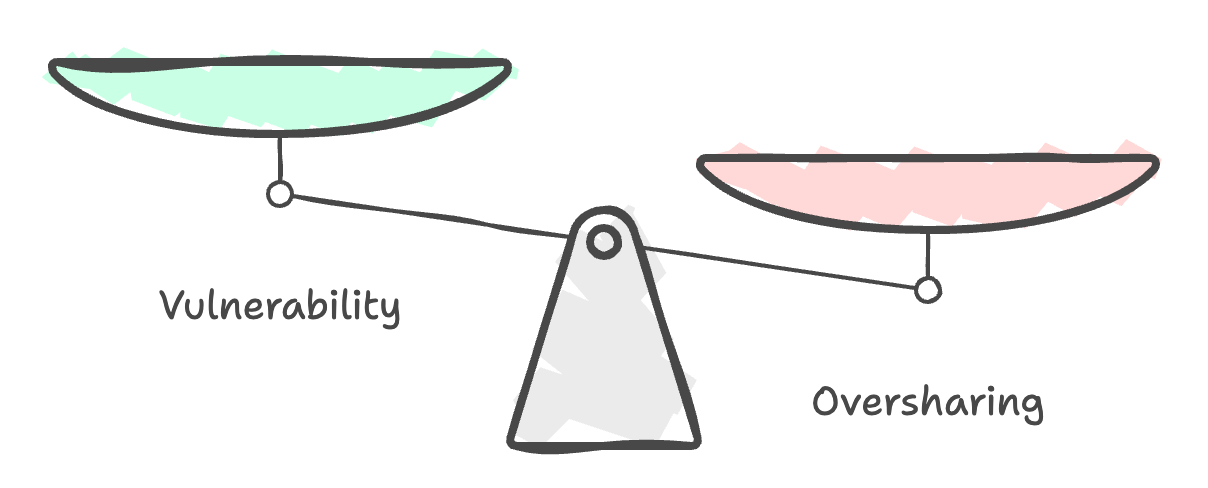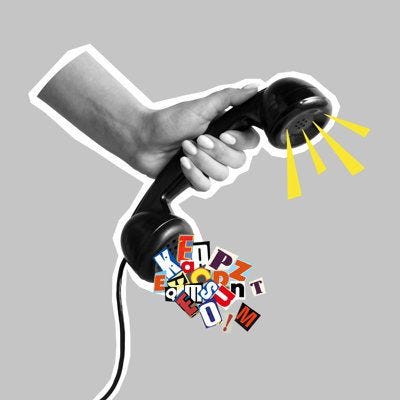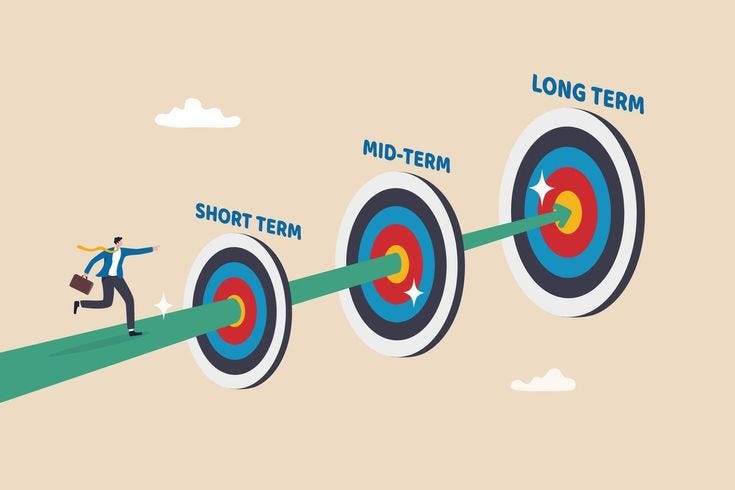The Aftermath of Vulnerability: What Happens When You Show Your True Self Online
Reflecting on unexpected reactions and finding the balance between privacy and authenticity
After sharing a more vulnerable side of myself in my last post, I've been processing the reactions and reflecting on what it means to be authentic online without completely sacrificing privacy. My therapist and I had an interesting conversation about this very topic, and I wanted to share some thoughts with you all.
The Polished Persona Paradox
When I shared recent IG post, several people reached out asking if I was okay. While I appreciate the concern, it highlighted something interesting – I've cultivated such a polished online presence that genuine vulnerability caused alarm. My therapist made an insightful point: sometimes people need to see the dirt to appreciate the clean, refined version. There's value in showing the full spectrum of who we are.
The Unexpected Freedom of Authenticity
There's a remarkable freedom that comes with sharing your genuine thoughts and experiences. Despite initial hesitation, being vulnerable online has been surprisingly liberating. The weight of maintaining a perfectly curated image is exhausting, and there's relief in letting some of that go. This doesn't mean oversharing every detail, but rather finding authentic moments that feel right to share.
Beyond the Wellness Check
An interesting observation from a friend: people accustomed to honesty weren't alarmed by my vulnerability. They didn't feel compelled to do a wellness check because authenticity was familiar territory for them. This makes me wonder about the relationships we build online; are we connecting with people who know the real us, or just the carefully crafted version?
Defining Your Boundaries
There's a delicate line between vulnerability and oversharing. What constitutes oversharing for one person might be perfectly comfortable territory for someone else. The key is defining your own boundaries. Ask yourself: What feels authentic to share? What serves a purpose beyond attention-seeking? What preserves your dignity while still being honest?
Audiences Evolve With Your Content
My existing audience has grown accustomed to a certain type of content from me. They're familiar with my work and professional insights. By sharing something different, I naturally received different responses. This is something worth considering – if you want new results, you need to try new approaches. Breaking through to people often means showing something they haven't seen from you before.
The Therapeutic Value of Public Reflection
My therapist pointed out that public reflection can be therapeutic not just for the creator but for the audience as well. By modeling vulnerability, we give others permission to embrace their own struggles. There's healing in knowing we're not alone in our experiences, that even people who seem to have it all together face challenges.
The Unexpected Connection Catalyst
Vulnerability has created deeper connections with my audience than I anticipated. Sharing genuine thoughts opened conversations that likely wouldn't have happened otherwise. There's something powerful about dropping the facade, even momentarily, that invites others to do the same.
Finding Your Authentic Voice Online
The journey to authentic expression online isn't linear. Some days you'll feel confident sharing personal insights, and other days you'll want to maintain privacy. Both are valid. The goal isn't constant vulnerability, but intentional authenticity..sharing with purpose rather than performance.
The Algorithm of Authenticity
Social media algorithms tend to reward consistent content, which can make deviating from your established pattern feel risky. But I've found that authentic moments often resonate more deeply than perfectly polished content. The engagement might look different, but the connections formed are typically more meaningful.
The Professional Side of Personal Sharing
As someone who values professional boundaries, I've wrestled with how vulnerability fits into my brand. What I'm learning is that calculated authenticity can actually strengthen professional relationships. It doesn't diminish expertise; it humanizes it. Clients and colleagues appreciate working with real people, not just polished professionals
The Permission Effect
By sharing my own vulnerability, I've noticed it gives others implicit permission to be more authentic too. There's a ripple effect that happens when one person decides to be genuine – it creates space for others to do the same. This might be the most valuable outcome of all.
The Long-Term Strategy
Vulnerability isn't just a one-time post or a temporary strategy. It's becoming part of my long-term approach to connecting online. I'm committed to continuing to share authentic moments because it feels right, and because it's creating the kind of community I want to build – one based on genuine connection rather than surface-level engagement.
The Worth of Realness
At the end of the day, being real online is worth the initial discomfort. Yes, it might generate concerned messages. Yes, it might feel exposing. But the deeper connections, the more meaningful engagement, and the freedom from perfectionism make it worthwhile. As my therapist reminded me, we connect through our shared humanity, not our curated highlight reels.








